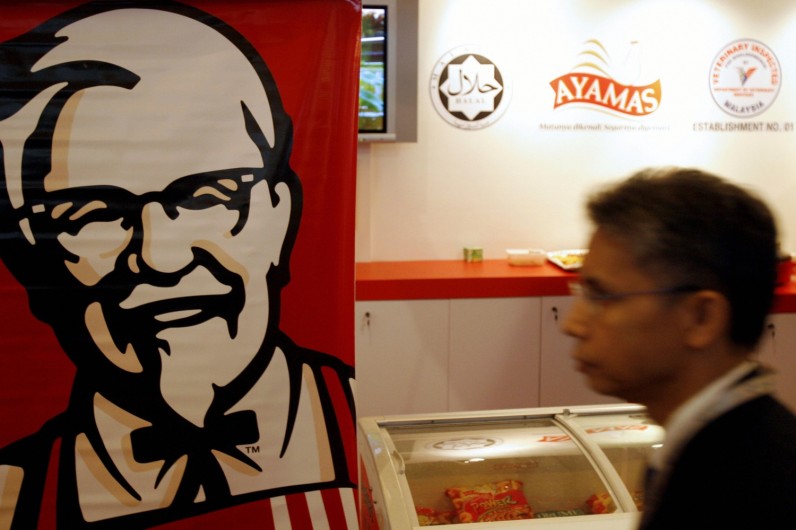
KFC Malaysia, a popular fast-food chain, announced Monday the temporary closure of more than 100 outlets across the country due to challenging economic conditions, Reuters reported.
The decision comes amid growing pressure from local boycotts related to the chain's perceived ties to Israel.
KFC's Closures Due to 'Challenging Economic Conditions'
QSR Brands (M) Holdings Bhd, the operator of KFC and Pizza Hut franchises in Malaysia, stated that the closures are a response to "challenging economic conditions" and a strategy to manage increasing business costs.
The company emphasized its focus on high-engagement trade zones in a statement released on Monday.
The statement did not directly address media reports linking the closures to boycotts, and did not specify the exact number affected.
However, local media outlets reported that over 100 KFC outlets were impacted by the decision.
Employees from the affected stores were offered opportunities to relocate to outlets in areas with higher customer engagement, according to QSR Brands.
Pro-Palestine Boycotts Impact Huge Companies
The closures follow a broader trend of Western businesses facing backlash over perceived ties to Israel amid ongoing conflicts in the Middle East.
Malaysia, a predominantly Muslim country, has been a vocal supporter of Palestine, leading to targeted boycott campaigns against certain brands.
KFC's closure affects various regions, with the hardest-hit being Kelantan state, where nearly 80% of KFC outlets have temporarily ceased operations, as reported by MEMO.
This was followed by closures in Johor, Selangor, Kedah, and Shah-Alam.
Professor Mohd Nazari Ismail, chairman of the pro-Palestinian group Boycott, Divestment, Sanctions Malaysia, noted to The Straits Times that although KFC is not officially listed by the BDS movement, many Malaysians associate any American fast-food operator with ties to Israel, including KFC.
This sentiment reflects a broader movement targeting US-based businesses perceived to support Israel financially or politically.
The impact extends beyond Malaysia, with similar boycotts affecting global brands like McDonald's and Starbucks.







Join the Conversation